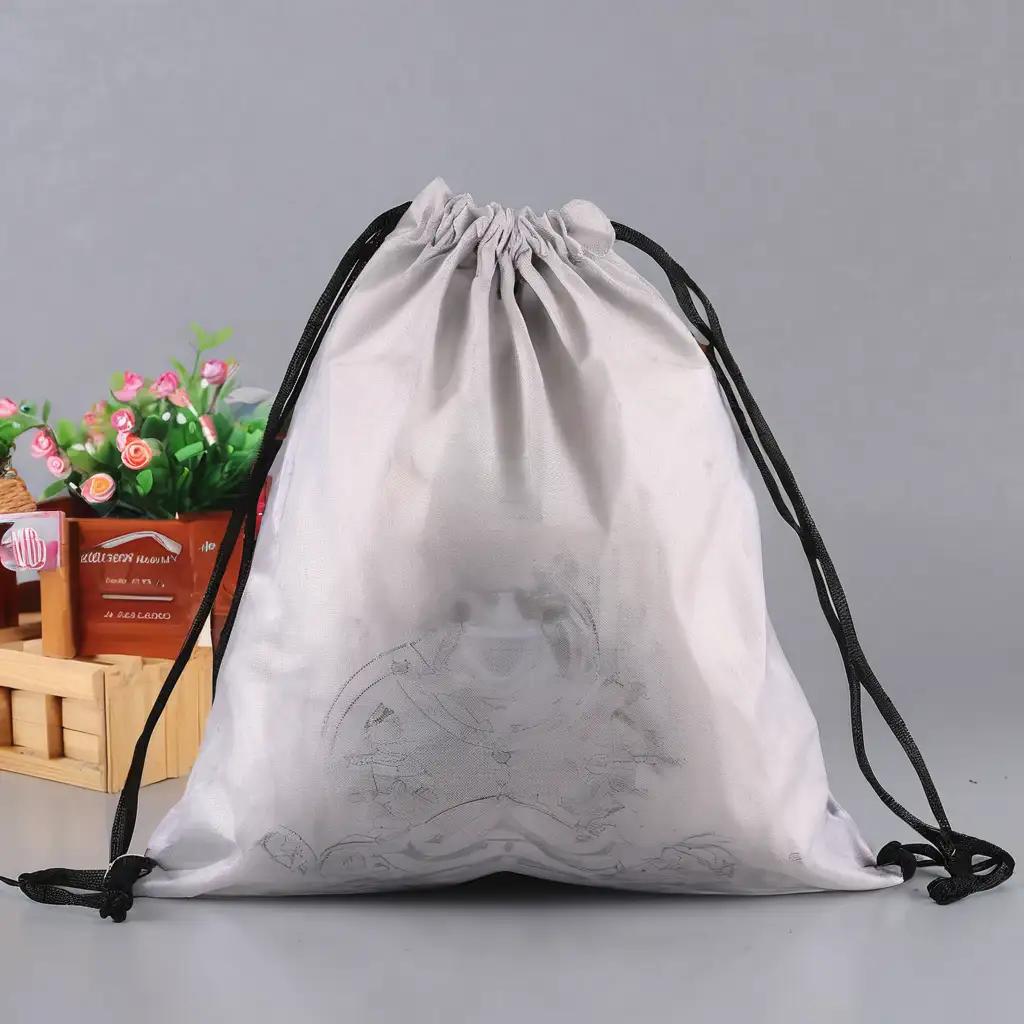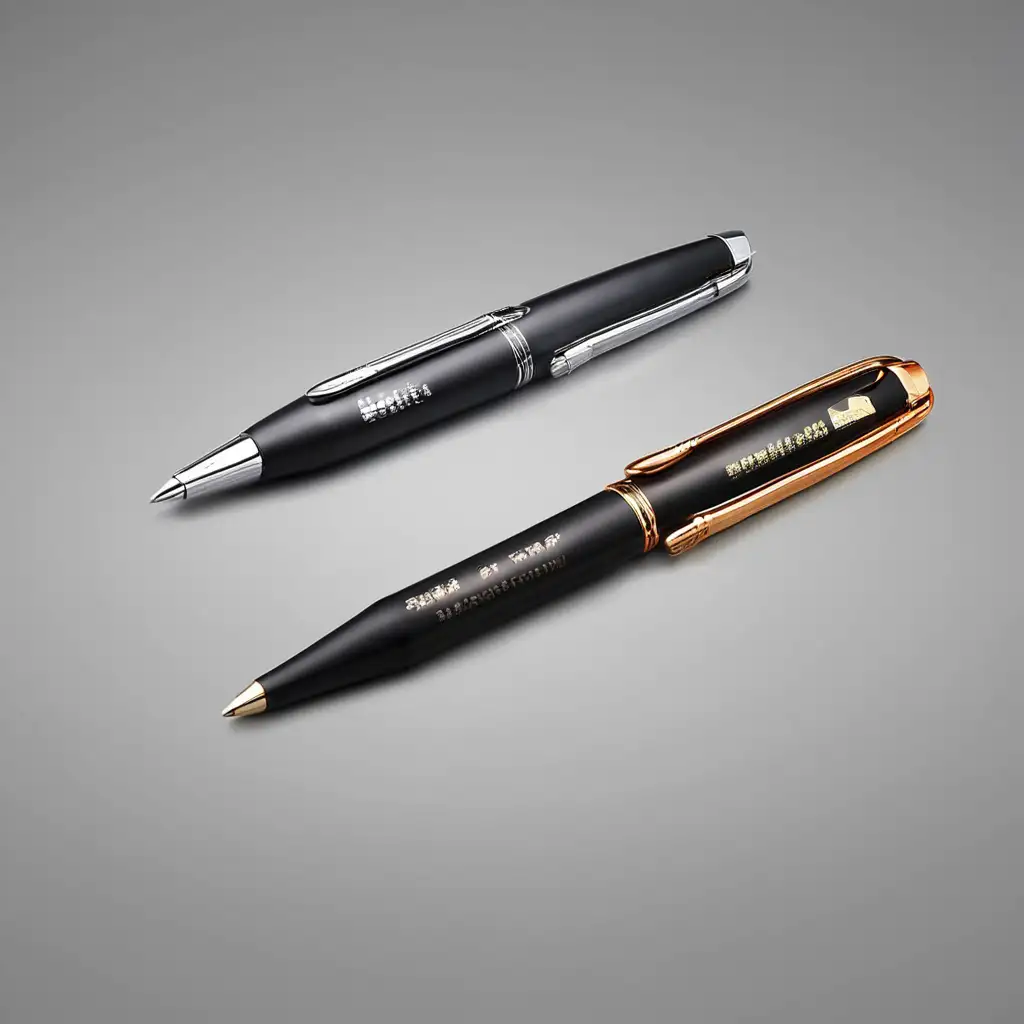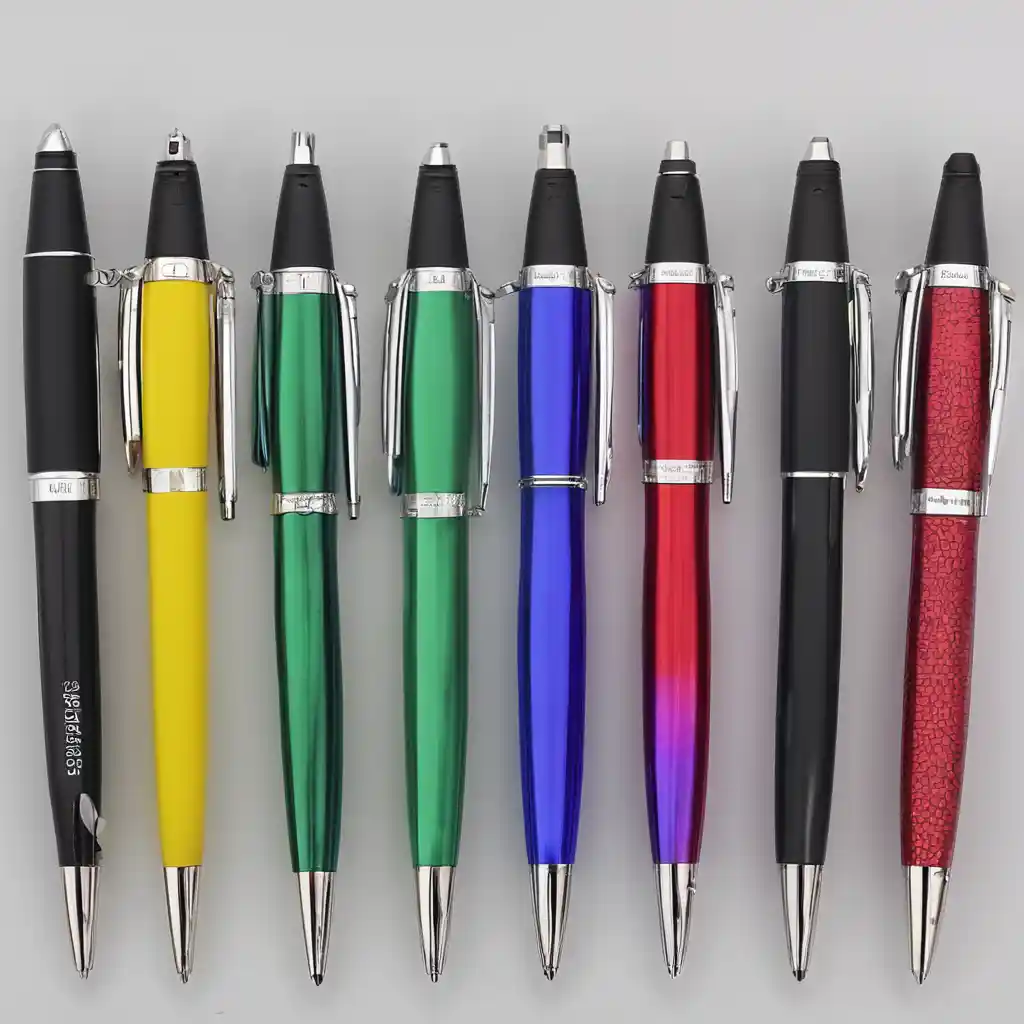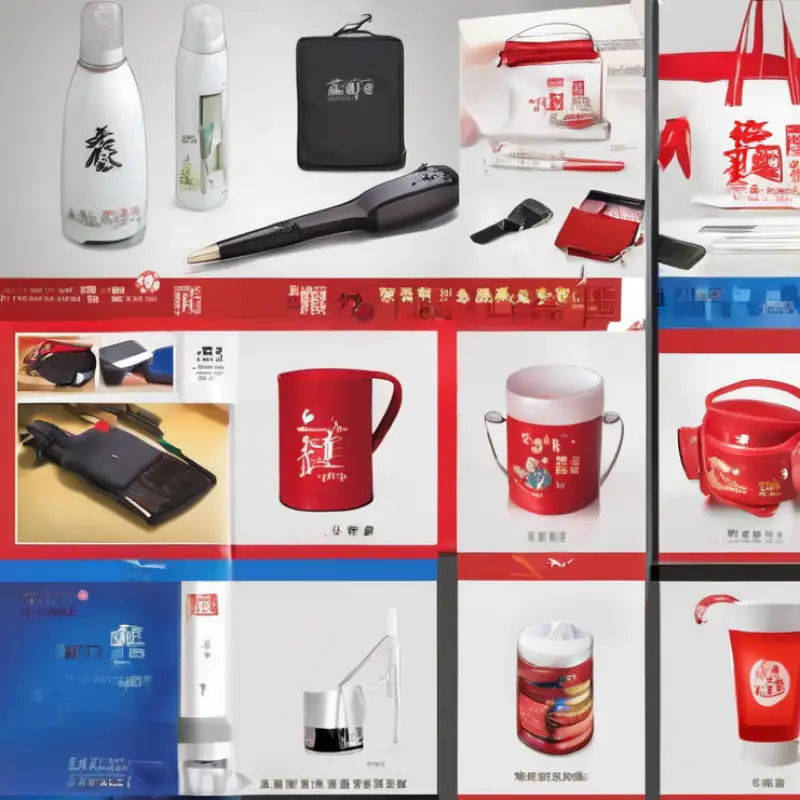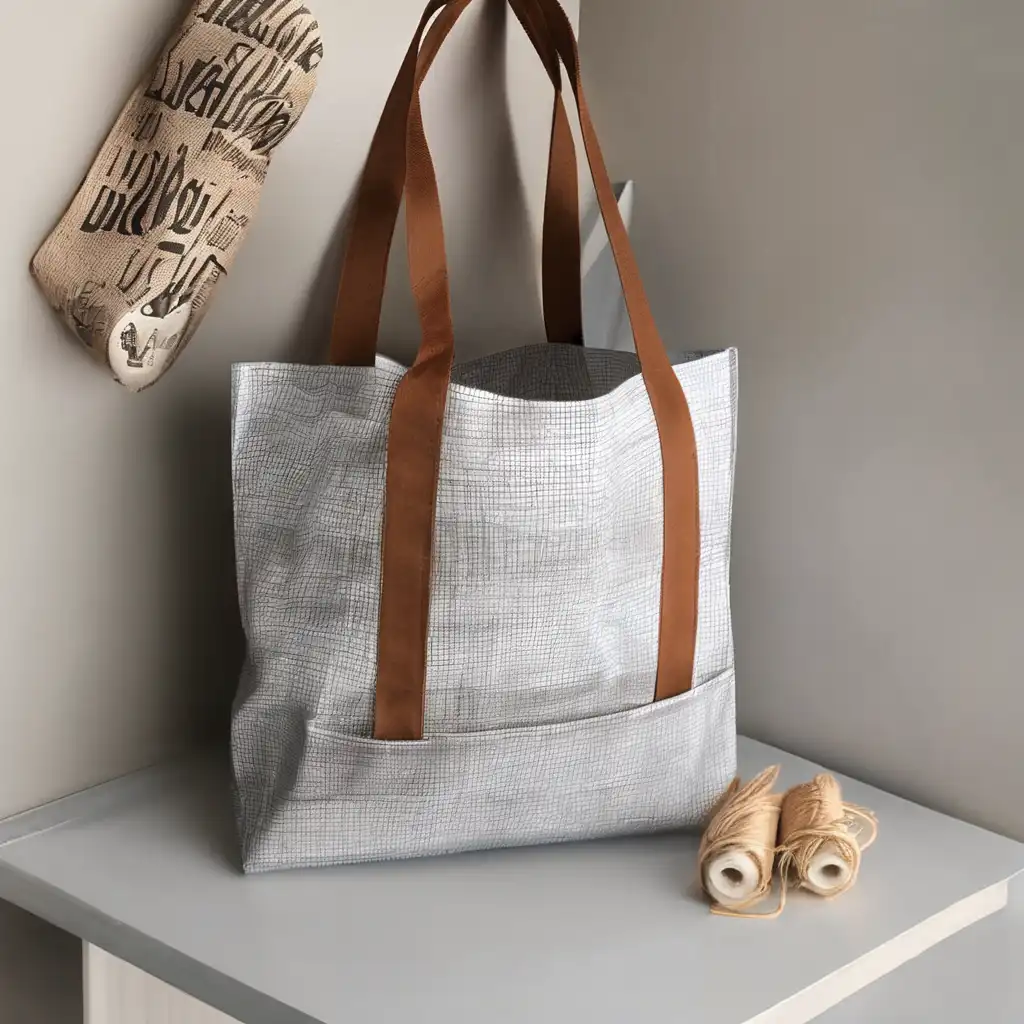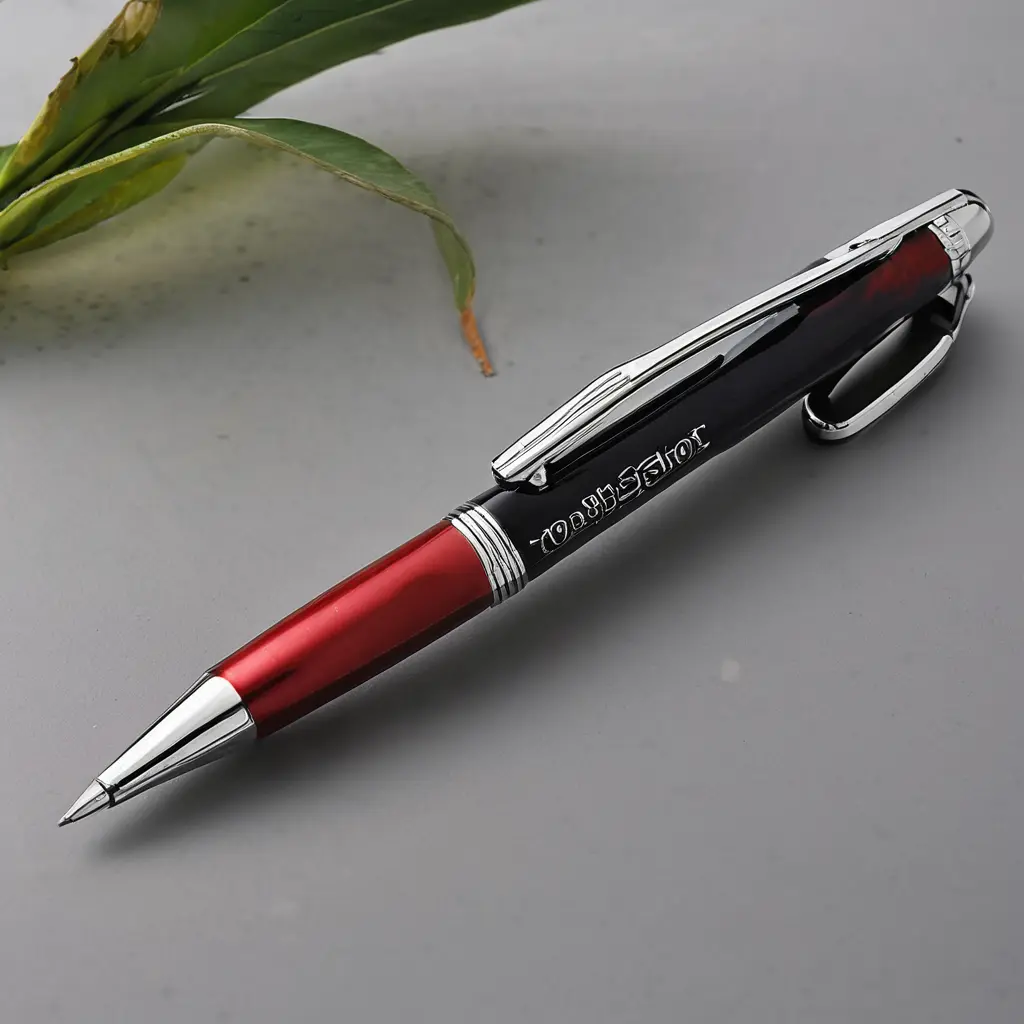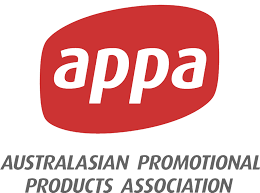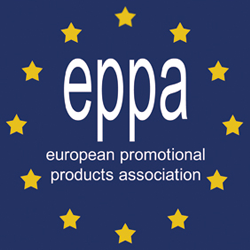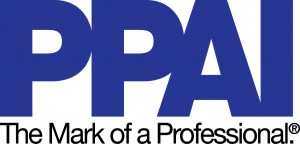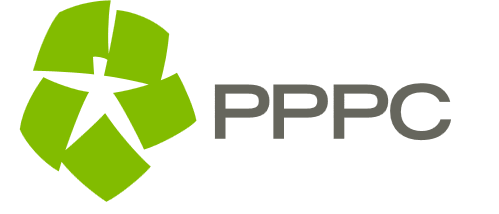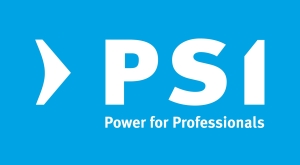France - Phasing out single-use plastic packaging
From January 1, 2023, French fast food restaurants will usher in the new "plastic restriction" regulations - disposable plastic tableware must be replaced with reusable tableware. This is another new regulation in France to restrict the use of plastic products in the catering field since the prohibition of the use of plastic packaging boxes and the prohibition of providing plastic straws.
In the major supermarkets in France, people can really feel the details of reducing the use of plastic products: most of the product labels clearly indicate their sorting and recycling methods; electronic products are marked with information on whether they can be repaired and the parts required for repair, which will be used for subsequent products. Recycling provides reference; supermarkets also encourage bulk sales and reduce packaging. From 2021, more than 30 kinds of vegetables and fruits such as cucumbers and oranges in French supermarkets will no longer be packaged with plastic film, and consumers can carry reusable utensils "such as: Non Woven Tote Bags" to buy bulk products.
According to the French Ministry of Ecological Transition, the weight of packaging for daily necessities sold in France every year is about 5.5 million tons, of which 20% are plastic packaging, which are usually disposable. France is gradually increasing the product share of reusable packaging, with the goal of reaching 5% of reusable packaging products on the market by 2023 and 10% by 2027.
"Manufacturers should reduce excessive packaging from the source, local governments should improve the garbage classification system in public places, and carry out popular science actions for consumers to further increase the recycling rate of garbage." The French Consumer Association pointed out that the problem of excessive plastic packaging in France is prominent, The proportion of plastic recycling needs to be improved.
In recent years, France has stepped up efforts to limit plastics and passed the Law Against Waste for Circular Economy, which aims to gradually reduce the use of disposable plastic products, promote the development of alternative and reusable materials, ban disposable plastic packaging, promote Unpackaged sales, etc., to promote the realization of the national ecological transformation goal. The law lays out a roadmap for the complete ban on disposable plastic packaging: achieve 100% recycling of plastic products by 2025, and strive to reduce unnecessary disposable plastic packaging; reduce the sales of disposable plastic bottles by half by 2030 . The bill takes five years as a measurement period, quantitatively adjusts the corresponding policies according to the actual situation, and finally achieves the goal of reducing the use rate of disposable plastic products to zero by 2040.
These restrictions on plastics will bring great possibilities to the popularity of non-woven bags.
Thailand - Enhancing public-private partnerships to reduce plastic use
In order to deal with the problem of plastic waste, Thailand has been continuously promoting the "Roadmap for Managing Plastic Waste 2018-2030". The roadmap adheres to the principle of "use less, reuse and recycle", strengthens public-private cooperation, promotes responsible consumption and production, and realizes a circular economy. According to the roadmap, Thailand will ban the use of plastic microbeads, oxo-degradable plastics and other plastic products by the end of 2019, stop using lightweight plastic bags, plastic straws, foam food boxes, plastic cups, etc. Achieving the goal of 100% recycling of plastic waste. At the end of November 2019, Thailand approved the "Plastic Ban" proposal proposed by the Ministry of Natural Resources and Environment. From January 1, 2020, major shopping centers and convenience stores will be prohibited from providing disposable plastic bags.
Public-private cooperation is an important part of Thailand's promotion of "plastic restriction". In 2018, under the "Public-Private Partnership for Plastics and Waste Management" program, the government and public agencies, the private sector, academia, and civil organizations cooperated to jointly manage plastics and waste, with the main goal of reducing the use of plastic products and Reuse plastic waste. Under the plan, Thailand has increased plastic waste collection points; industrial manufacturers have established the "Thailand Plastic Circulation Alliance" to recycle, manage and reuse plastic waste generated in the manufacturing process; dozens of leading Thai companies have formed sustainable development in Thailand The Business Council, cooperates with the Thailand Environmental Research Institute and others to carry out environmental protection practices and raise public awareness of environmental issues.
Currently, the Thai Retailers Association cooperates with shopping malls, supermarkets, convenience stores, etc. to stop providing plastic bags on the fourth day of each month, and consumers who do not use plastic bags can get reward points. This activity has reduced the use of about 2 billion plastic bags in 2019 alone. After the "Plastic Restriction Order" was passed, the Thai Retailers Association and the government cooperated to launch a campaign of "Say no to plastic bags every day". Plastic bags will no longer be provided. It can be seen from these processes that environmentally friendly non-woven tote bags that can be reused in Thailand may also become one of the plastic substitutes.
Thailand will ban the import of plastic waste by 2025. The first phase will start in 2023, and the amount of plastic waste to be restricted will be determined based on actual production capacity; from 2024, only 50% of plastic waste will be allowed to be imported; until 2025, the import of all plastic waste will be completely banned. Thailand's Minister of Natural Resources and Environment Warau Wu said that this is an important step for Thailand to get rid of plastic waste.
Germany - Improving the recycling rate to promote the development of circular economy
When you walk into any supermarket in Berlin, you can always see customers with large bags of empty bottles busy in front of the bottle return machine at the entrance. Soft plastic bottles cost 0.25 euros, and hard plastic bottles cost 0.15 euros... After all the bottles are placed, customers will Received a supermarket voucher which was also a deposit already paid for bottled drinks. Today, this set of empty bottle recycling policy has become a unique example of circular economy in Germany.
The plastic bottles recycled by these supermarket bottle return machines participate in the circular economy in different forms: the hard plastic bottles are sorted and collected by professional recycling companies, and shipped to beverage manufacturers. After cleaning, disinfection and refilling, this plastic bottle It can be reused about 25 times; soft plastic bottles (PET plastic bottles) are compressed and packaged and sent to plastic recycling companies, where they are shredded and reduced into plastic particles, which are used to make new plastic bottles, textiles or other plastic products. According to statistics from the German Packaging Market Research Association, 34% of recycled PET plastic bottles are used to produce new beverage bottles, 27% are used to produce plastic packaging bags, 22.6% are used to produce textile fabrics, and 16.4% are used for others. The recycling rate reaches 93.4%.
Then, as a shopping bag with a high usage rate, it must also be the focus of reform. Green and environmentally friendly reusable non-woven tote bags have become an indispensable alternative.
Thomas Fischer, head of the circular economy of the environmental protection organization "German Environmental Action", introduced that the recycling rate of empty bottles in Germany has exceeded 98%. This successful experience has given birth to new business innovations. In addition to beverage bottles, some companies have also introduced containers for recycling sanitary products.
In Germany, plastic beverage bottles will be marked with 100% renewable plastics in eye-catching positions. Food packaging bags such as biscuits, snacks, and pasta have also begun to use renewable plastics in large quantities. Plastic boxes and trays are also made of recycled plastic.
The continuous increase in the recycling rate of plastics in Germany is not only related to the increasing popularity of environmental protection concepts, but also to the increasingly stringent product packaging laws in Germany and the European Union. Against the backdrop of high energy prices, the process is accelerating. At present, Germany is trying to further promote "plastic restriction" in terms of reducing the amount of packaging, advocating the implementation of reusable packaging, expanding high-quality closed-loop recycling, and setting mandatory recycling indicators for plastic packaging. Germany's move is becoming an important standard for the European Union.
The restriction of the use of plastics makes the environmentally friendly reusable non-woven bag an alternative possibility.
There are many types of handbags on the market, which can be roughly divided into: paper handbags, non-woven bags, plastic bags, burlap bags, canvas bags, etc.
Among them, the more common and frequently used ones in life should be paper composite bags, non-woven bags and plastic bags. The first two are widely used in exhibitions, shopping malls and various markets. It is one of the important ways for companies to promote their brands to convey information to customers well; plastic bags are common in daily household life.
Which of these three bags are environmentally friendly bags?
What is the difference between non-woven tote bags, paper tote bags and plastic bags?
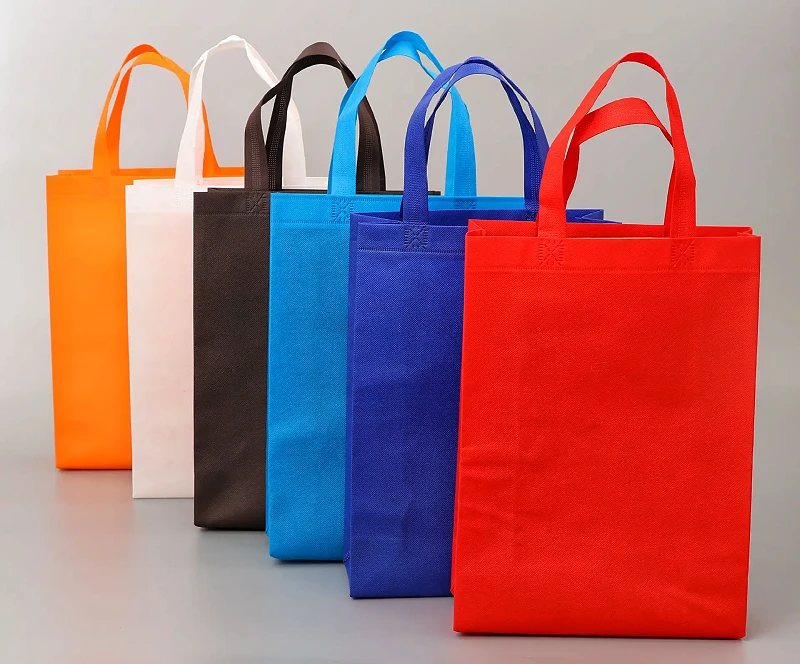
The non-woven bag is strong and does not fade. It is a new type of environmentally friendly material. It is easy to decompose and durable. It can be degraded after being placed outside for 90 days.
The material used in the paper tote bag is plant fiber, a resource that can be recycled and reused.
Plastic bags are made of petroleum refining products, which are difficult to recycle and cannot be decomposed naturally. When burned, toxic gases are produced. For example, toluene is produced when polystyrene is burned. A small amount of this substance can cause blindness and vomiting if inhaled. Symptoms, the combustion of PVC will also produce toxic hydrogen chloride gas. In addition to burning, it is a high-temperature environment, which will cause the plastic to decompose into toxic components, such as benzene rings, etc., causing environmental pollution.
Therefore, from the perspective of environmental protection, paper tote bags are even better.
However, paper handbags are difficult to use many times, and they cannot be reused when exposed to water, so in general, non-woven bags are slightly better than half points.
What are the advantages of non-woven bags besides environmental protection?
1. Non-woven bags are easier to print patterns than plastic bags
Plastic bags are now slowly withdrawing from the gift market, replaced by non-woven handbags that can be reused.
Compared with plastic bags, it is easier to print patterns, and the color expression will be more vivid. Coupled with the advantage that it can be used repeatedly, printing exquisite patterns on it will be more eye-catching and have obvious advertising benefits.
2. Non-woven bags are stable
The previous shopping bags were made of thinner materials and were easily damaged. If you want to make it stronger, you must pay for it. The emergence of non-woven handbags solves people's difficulties. Its material is practical, not easy to damage, and has good air permeability. It belongs to the advantages of dope dyeing and non-fading. Secondly, it also has a waterproof function, and the hand feel is also very good.
3. Advertising effect of non-woven bags
A beautiful non-woven tote bag is not just a packaging bag. Its exquisite appearance is even more addictive, and it can be transformed into a simple shoulder bag, forming a beautiful scenery. Coupled with its impeccable features, it has become a portable choice for customers to go out all the time, and printing your company's logo on the non-woven bag will bring self-evident advertising effects.
Because of this, in the face of fierce competition in the market, more and more companies that pay attention to brand promotion have set their sights on non-woven bags.
However, the industry is like a mountain. When choosing non-woven bags, laymen are always at a loss. They don’t know how to choose a manufacturer with affordable price and quality assurance. After all, it is generally much cheaper to buy directly from the manufacturer.
However, to meet the requirements of good quality, good service, excellent products and affordable prices, manufacturers of these four points seem to be looking for a needle in a haystack. After all, every price is worth the quality.

